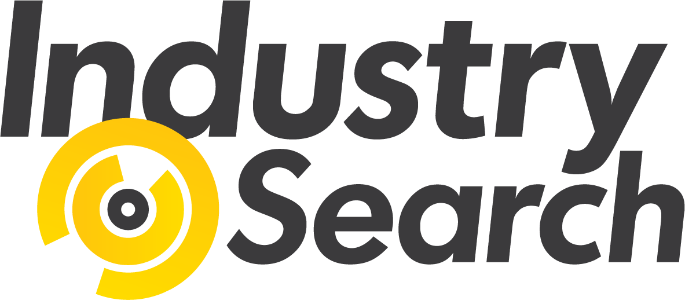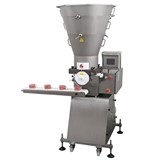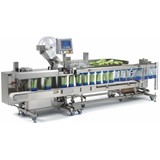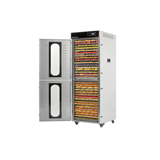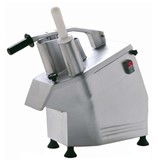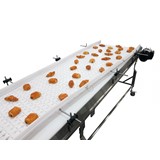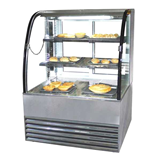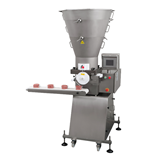Recent data from Innova Market Insights (www.InnovaDatabase.com) showing that products positioned on an ethical platform of some kind accounted for over 7 per cent of total global food and drinks launches recorded in the 12 months to the end of October 2011.
This is up from less than 6. 5 per cent in the previous year and from less than 2 per cent five years previously.
While many of these products take an ethical stance based on packaging, including reducing pack sizes, increasing recyclability and using materials from renewable sources, there has also been rising interest in locally-sourced foods, as well as products using certification schemes with regard to fairtrade, sustainability and animal welfare.
Certain sectors have seen particularly high levels of interest in fairtrade products, with chocolate, hot beverages and fruit, particularly bananas, leading the way. Fairtrade and ethical cocoa production has increased rapidly in recent years, encouraged by the world’s leading confectionery companies starting to take the concept on board for their high-profile market-leading mainstream brands. In the UK, for example, Nestlé’s KitKat and certain of Kraft’s Cadbury Dairy Milk variants carry fairtrade certification, and this has now been complemented by Mars’ announcement that its Maltesers brand will go fairtrade in 2012. Meanwhile, in the US, Mars’ Dove bar has been relaunched using Rainforest Alliance certified cocoa and in Germany its Balisto chocolate countline bar uses Utz sustainability-certified cocoa.
In the hot drinks sector, products positioned on an ethical platform accounted for nearly 13 per cent of total launches recorded by Innova Market Insights in the 12 months to October 2011, reflecting early uptake of fairtrade coffee, tea and cocoa. Meat, fish and egg launches showed an even stronger interest in ethical issues, with over 13 per cent of total launches marketed on an ethical platform, with key areas of interest including animal welfare, particularly in terms of animal management systems, and sustainability, an area of rising levels of interest in the seafood market in particular.
Ethical products accounted for over a quarter of total egg and egg product launches in the year to the end of October 2011, according to Innova, witha strong focus on Europe and probably reflecting preparations for the EU-wide ban on the use of conventional battery-type cages for laying hens, which comes into force in January 2012. As a result an increasing number of egg brands are emphasising the use of barn-reared, free-range and organic management.
The Innova Database also recorded that 23 per cent of global fish and seafood launches carried an ethical positioning of some kind in the 12 months to the end of October 2011, up from 19 per cent in the previous 12-month period, with the actual number of ethical launches rising by nearly 10 per cent, despite a fall of the number of total fish and seafood introductions over that timeframe. Sustainability is the major focus of this, with growing numbers of products launched carrying MSC (Marine Stewardship Council) certification, and ongoing interest in capture methods, such as rod and line rather than nets for tuna, and maintaining stocks of threatened species.
This interest in sustainability is most prevalent in Europe, which accounted for over 64 per cent of global launches on an ethical platform, compared with a 50 per cent share of total fish and seafood introductions. This tallies with data from the Marine Stewardship Council, which reported that its certification logo was used on over 7,000 labelled products worldwide, led by Germany with over 2,000 lines, the UK with just under 800 lines and the Netherlands with 740. By the autumn of 2011, this was reported to have risen to about 10,000 products from 1,600 companies, with 10 per cent of the global fish catch now certified.
Lu Ann Williams, Research Manager at Innova Market Insights believes that despite financial pressures tending to be front of mind at the current time, it is apparent that there is still ongoing consumer interest in ethical options and taking a longer-term perspective on choices that may affect the kind of future that they would like to see. This interest is starting to have a greater influence on shopping habits and choices, she contends, particularly in the more developed economies, and companies are responding with options that can cater to these concerns.
For further information on the Innova Database, the representative for Australia and New Zealand is Glen Wells ([email protected]).
